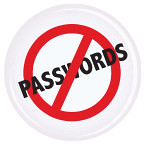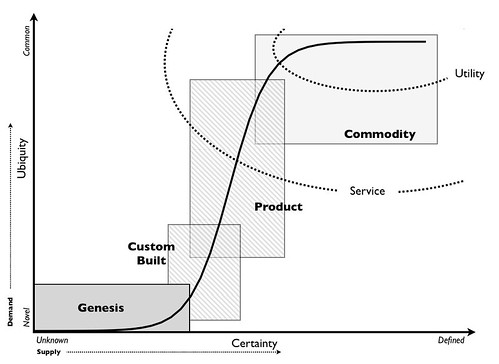Having discovered the word that describes well the actions of the cyber giants that results in our being squeezed into one single identity, it struck me that perhaps my human rights are being eroded. Monadism, yet another term from philosophy, it effectively describes the GAFA activities that are driving us toward a single identity.
Being able to represent my self in one of my many web based personas has become increasingly difficult, as first one of the GAFAs and then another manage to fuse my different personas, their clear target is to know me as a single individual. (See my recent Apple Watch example)
My grandfather persona is one I am still trying to protect though at least two of the GAFAs have managed to attach that persona to their monadic view of me.
My Jericho Forum colleague Paul Simmonds is working towards protecting our ability to uniquely represent ourselves as multiple personas, while maintaining our ability to have agency over our identities. His Global Identity Foundation is unsurprisingly currently making little headway against the huge combined gravitational forces of the GAFAs.
Perhaps what is needed is public awareness of the implications giving control of our identities to third parties and the development of a clear desired identity state. The current issue is that the frustration with the difficulty of maintaining identity control, is actually resulting in individuals handing control to the GAFAs.
A recent purchase of an Amazon Fire TV device demonstrated to me just how attractive it is to pass control over. The device arrived with the identity of the purchaser pre-loaded, we had after all purchased it from Amazon so they already knew who the purchaser was. There was no effort involved in claiming ownership of the device as the device apparently already "knew" who it's owner was. The truth is that it is Amazon who knew the identity of the owner, and they had asserted their control over the device. The experience was far simpler and less weird than the Samsung TV Identity ownership ceremony. The underlying issue is that we have passed control to Amazon and they had chosen not to authenticate the Identity of the owner.
Amazon have not yet made the jump to combining monadic identities into family groups, that Apple have made. This action would further pass control to the provider of identities, this would not be an issue if that were all they provided, the issue comes from the fact that they also provide products and services.
Anti-Monadic Rights
So, should we give an individual the right to create separate identities and maintain them separately.
The difficulty comes when such separate personas are used to hide illegal or immoral activities.
The state will likely press for monadic identities, using terrorism, tax evasion and crime as their primary drivers.
So what are the key elements of a successful identity model in the 21st Century
Data Agency: Having control over the transparency, privacy and usage of our data.
Identity Agency: Having control over the creation, use and deletion of multiple separate personas
These two elements should apply equally to all entities, whether person or organisation.
So my conclusion is, yes, I should have the right to control multiple separate identities.
Clearly that does not give me the right to use any of these for illegal or immoral purposes.
The challenge will be to create the legal and digital ecosystems that will allow CyberAgency, while maintaining a civilised and moral society.

